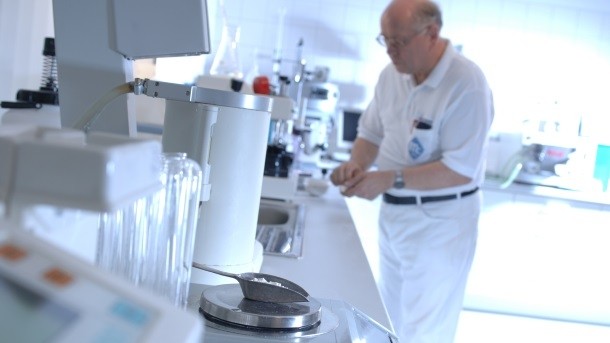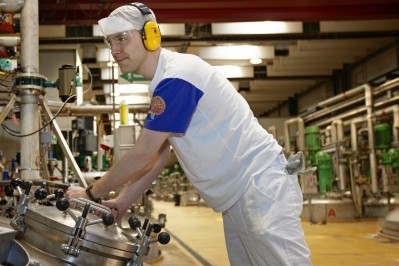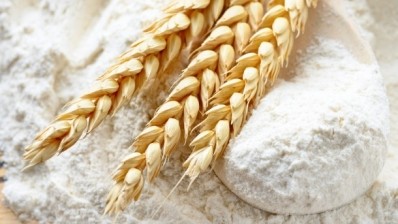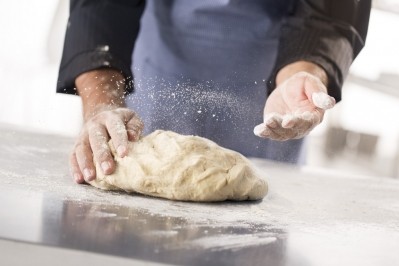New enzymes to reduce 'falling number' of flour unveiled by Mühlenchemie

Deltamalt FN-A and Deltamalt FN-B will lower the ‘falling number‘ of flour, said the supplier. Considered a quality parameter by bakers and millers, the falling number is a measure of a flour’s natural enzymatic activity.
Deltamalt FN-A is based on a fungal amylase, while Deltamalt FN-B features a combination of enzymes naturally present in grain with fungal amylase.
Bakers previously had to combine different preparations to treat flour, according to Mühlenchemie, which said manufacturers could now improve flour by adding just one of the two new enzyme systems.
Meeting demands for quality and price
The supplier added it was becoming more complex and expensive to treat flours and meet customer demands for quality and economy.
“The more parameters that have to be balanced, the more difficult it becomes to dose the additives needed for treating the flour,” said Mühlenchemie R&D head Dr Lutz Popper. “If the falling number of a flour has to be standardized, millers usually add malt flour made from germinated grain such as wheat, barley or rye and containing large amounts of α- and β-amylases.”
“Other enzymes have to be supplemented, too, in order to adjust the baking performance of the flour. It is a major challenge to balance the systems properly to achieve the desired result.”
Climate change concerns
Popper added that wheat quality was likely to become more volatile in future as a result of climate change, and political or economical instability in wheat producing and consuming countries.
A report published by the journal Nature in January suggested bakers may need to alter production techniques in the face of climate change. Lead author Corey Lesk of McGill University in Canada predicted farmers may substitute different varieties of wheat to adapt to the changing climate, which could affect the protein and enzyme content of flour.
Mühlenchemie and partner companies DeutscheBack and SternEnzym – all part of the Stern-Wywiol Gruppe – last month announced they had invested €6m ($6.5m) in extending their technology center in Ahrensburg, near Hamburg, to 3,000 sqm. The facility includes a lab, dough rheology department and trial bakery.
Mühlenchemie also produces EMCEmalt, Alphamalt, Betamalt and Deltamalt for lowering the falling number of flour, and the Rowelit series for raising it.















